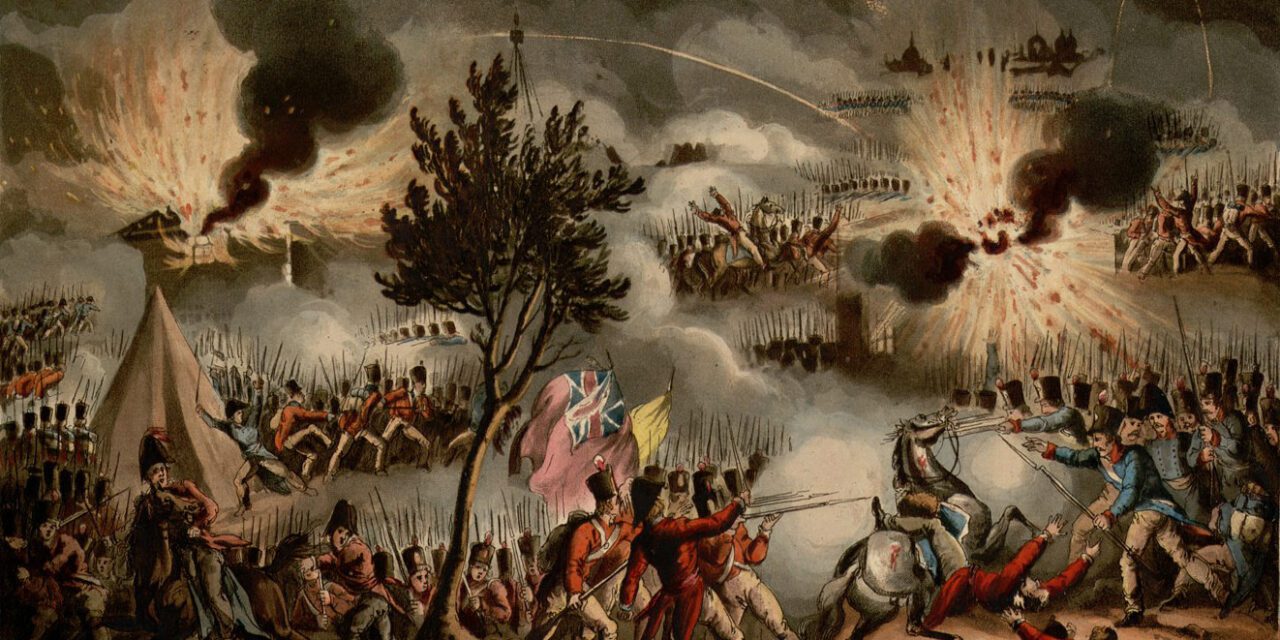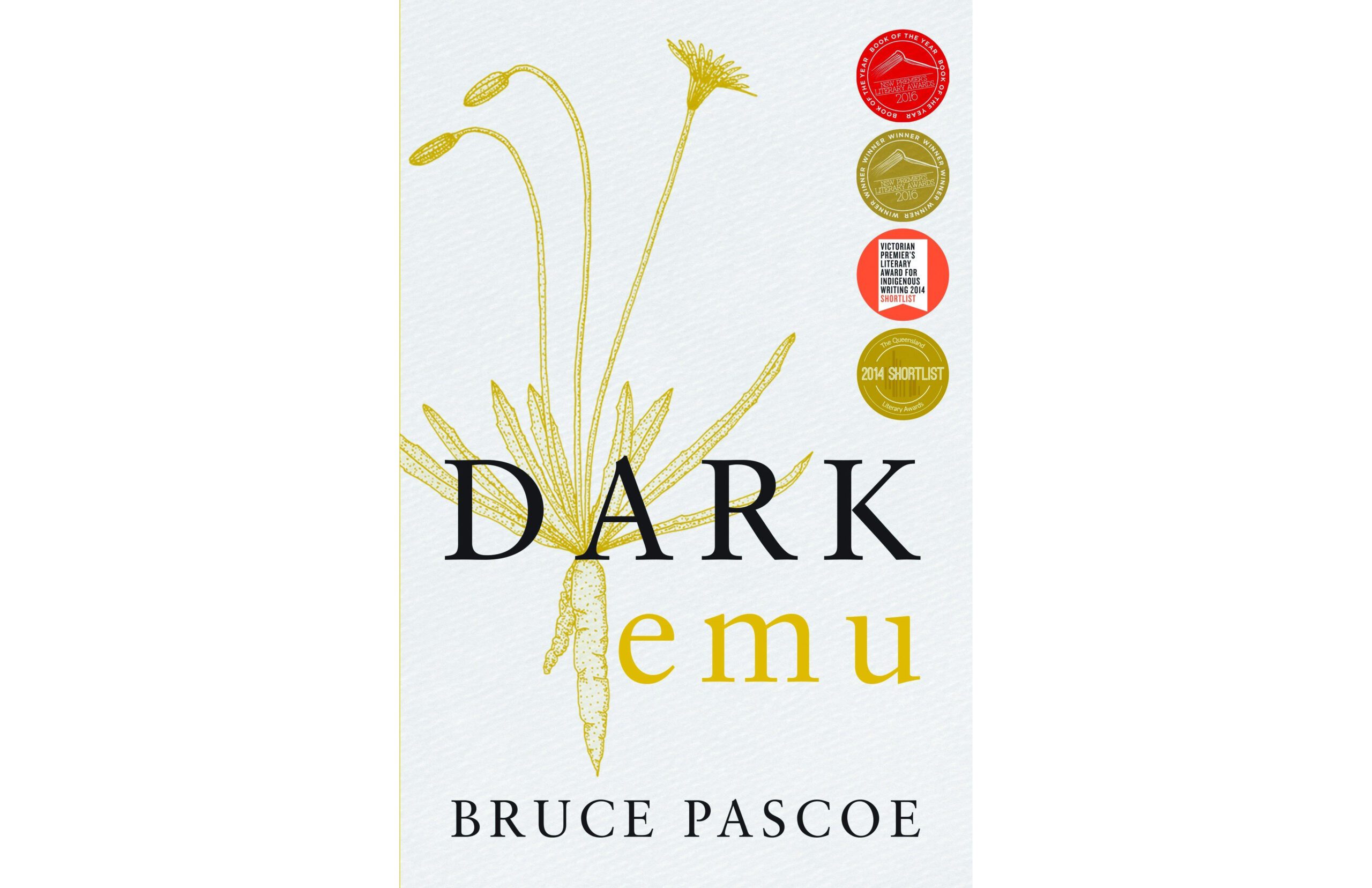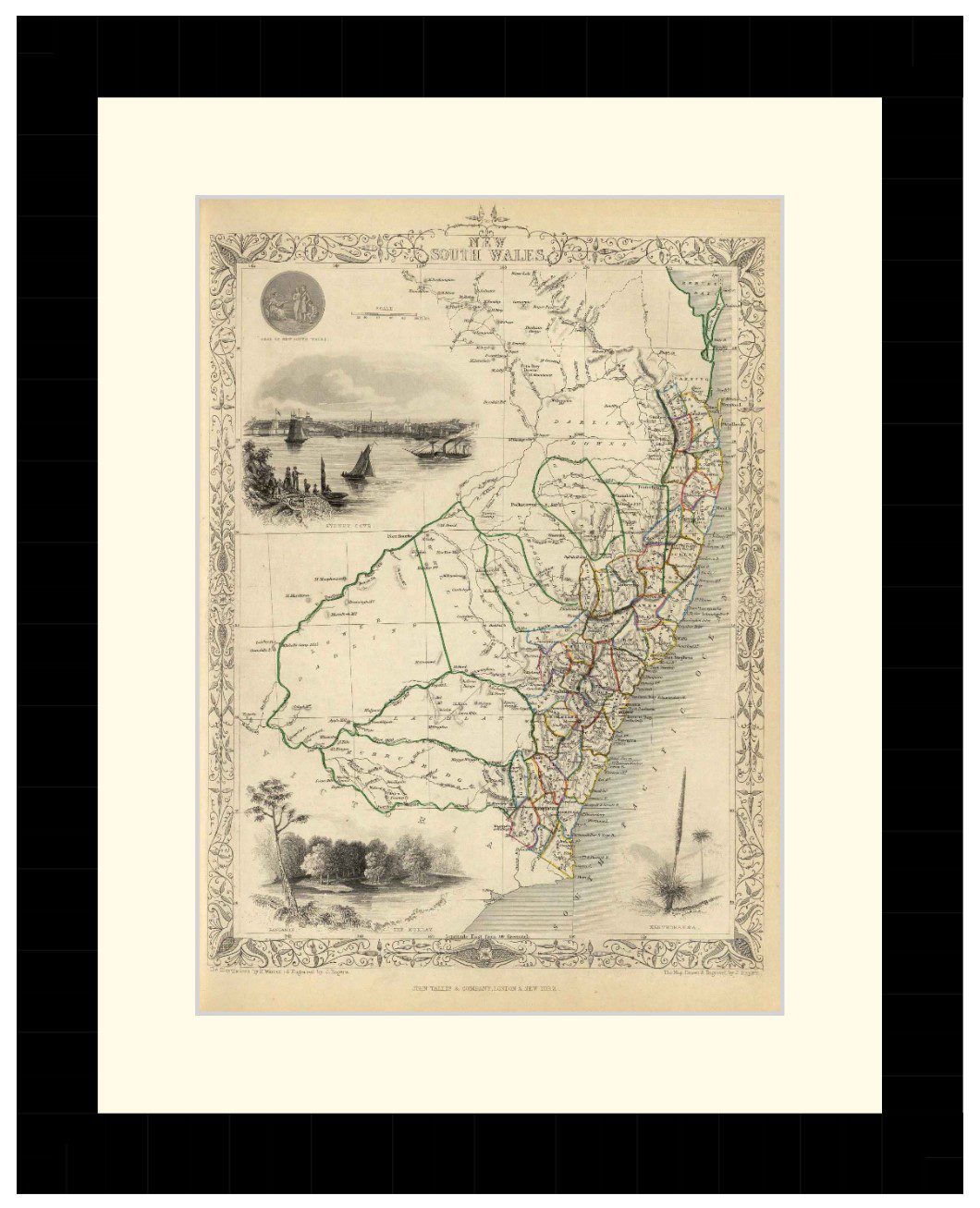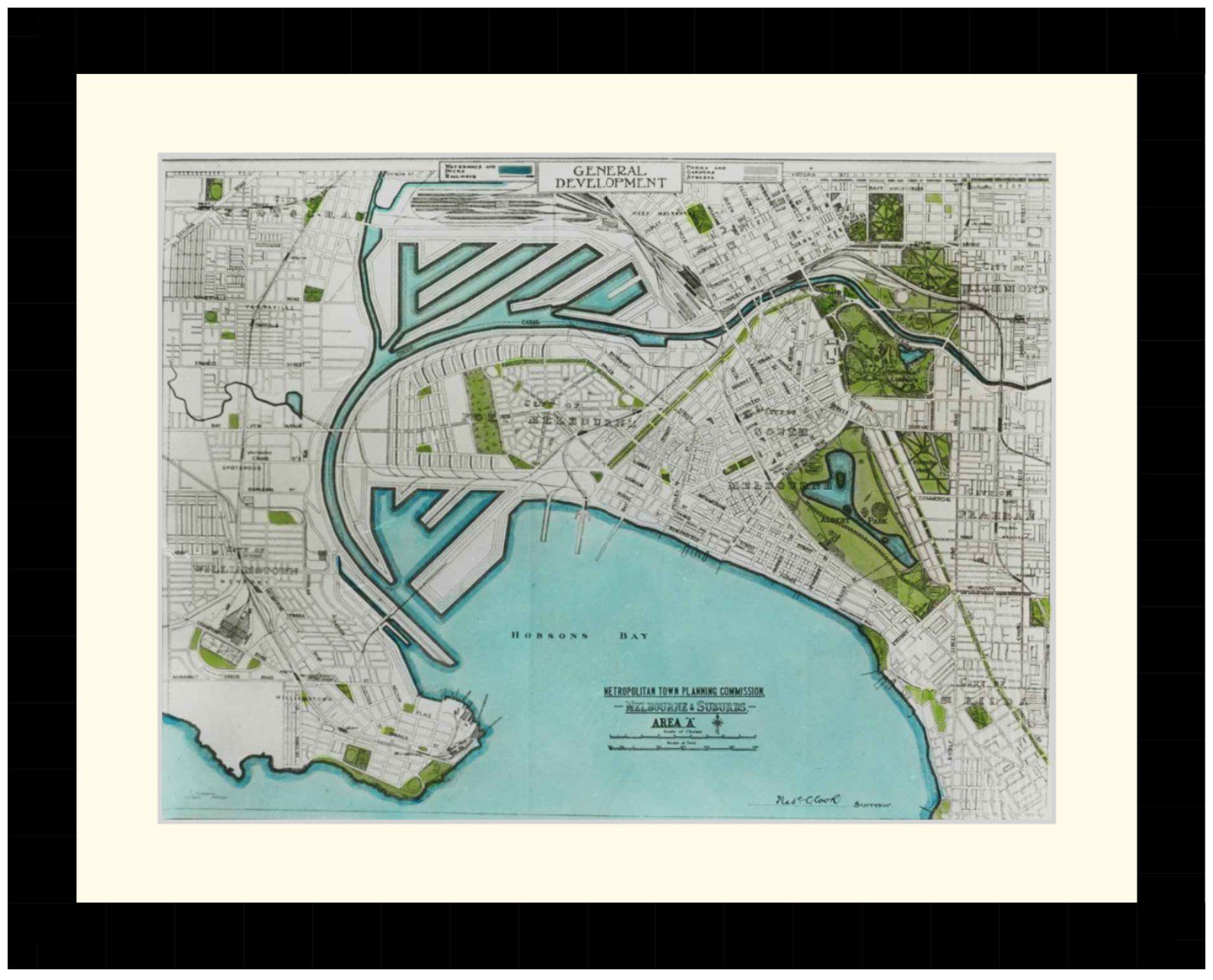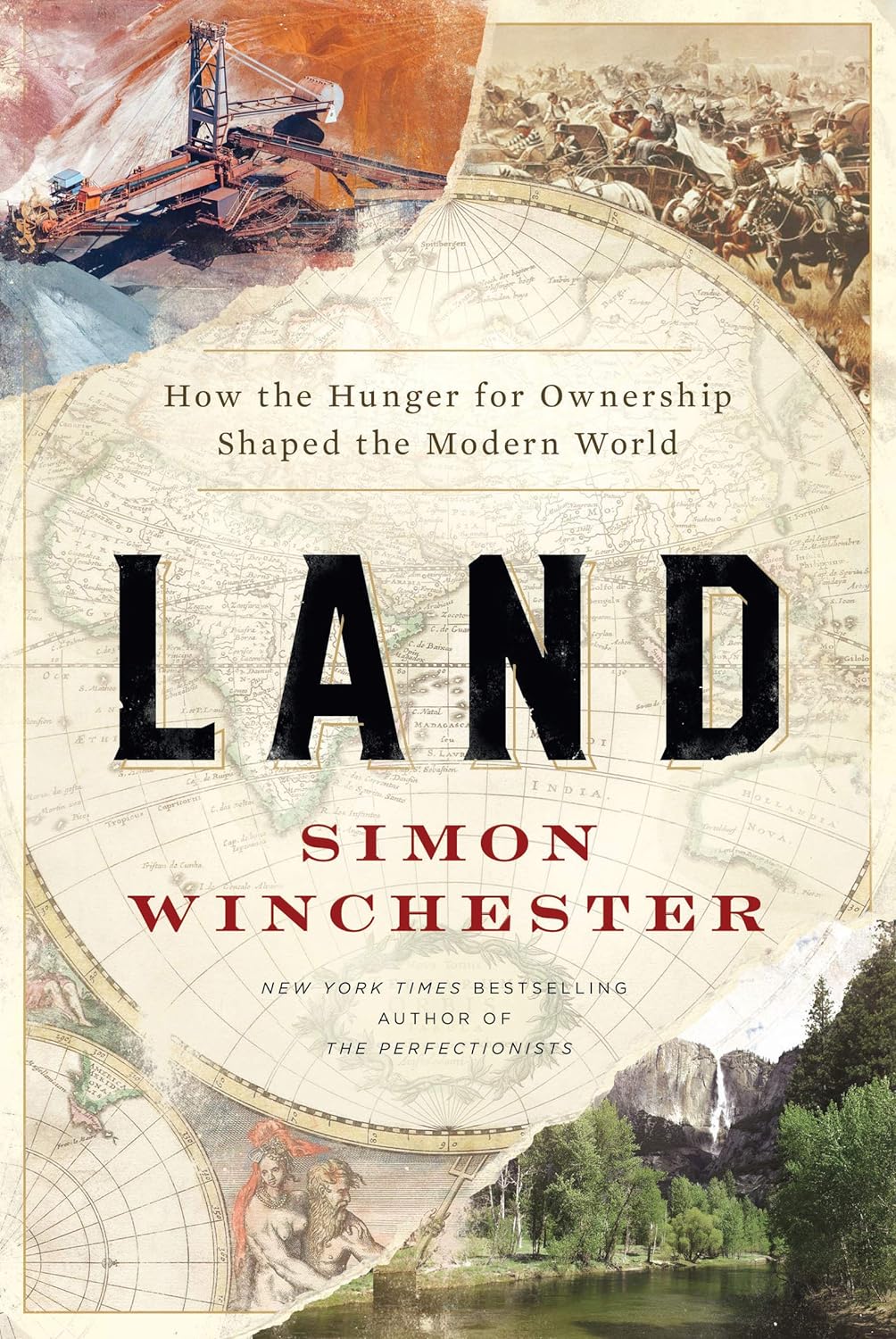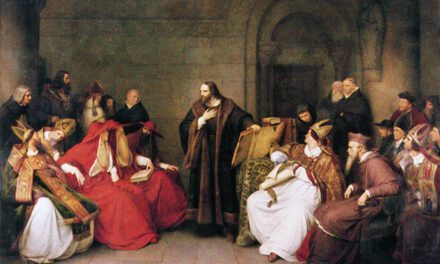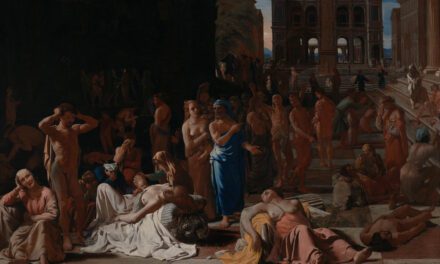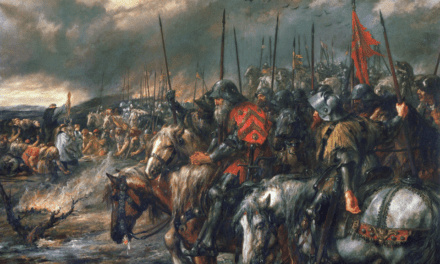The History Guild Weekly History Quiz.
See how your history knowledge stacks up.
Have an idea for a question? Suggest it here and we’ll include it in a future quiz!
Want to know a bit more about the questions in the quiz, or the story behind them? Read on!
1. Where was the Peninsular War (part of the Napoleonic Wars) fought?
Portugal and Spain – fought by Spain, the United Kingdom and Portugal against the invading and occupying forces of France for control of the Iberian Peninsula during the Napoleonic Wars.
2. What is Grace O’Malley (1533-1603) famous for?
Her campaign of piracy along the Irish coast – Irish historian and novelist Anne Chambers described her as “a fearless leader, by land and by sea, a political pragmatist and politician, a ruthless plunderer, a mercenary, a rebel, a shrewd and able negotiator, the protective matriarch of her family and tribe, a genuine inheritor of the Mother Goddess and Warrior Queen attributes of her remote ancestors. Above all else, she emerges as a woman who broke the mould and thereby played a unique role in history.”
3. Traders from which country introduced chili peppers to India in the 15th century ?
Portugal – These originated in the Americas. The spread of chili peppers to Asia occurred through its introduction by Portuguese traders, who – aware of its trade value and resemblance to the spiciness of black pepper – promoted its commerce in the Asian spice trade routes. It was introduced in India by the Portuguese towards the end of the 15th century.
4. What is the name of the German Auxiliary Cruiser that sank the HMAS Sydney in 1941?
Kormoran – Off the coast of Western Australia. Sydney, with Captain Joseph Burnett commanding, and Kormoran, under Fregattenkapitän Theodor Detmers, encountered each other approximately 106 nautical miles (196 km) off Dirk Hartog Island. Both ships were destroyed in the half-hour engagement. 318 of the 399 sailors on Kormoran survived. While debris from Sydney was found, there were no survivors from the 645-strong complement. It was the largest loss of life in the history of the Royal Australian Navy, the largest Allied warship lost with all hands during World War II, and a major blow to Australian wartime morale.
5. The ancient Greek Olympic games were held every four year over what period of time?
1168 years – Aristotle reckoned the date of the first Olympics to be 776 BC, the last recorded games were held under Theodosius I in 393CE.
6. Which was the first disease a vaccine was developed for?
Smallpox – Read more about how we fought deadly diseases.
7. Which Australian Prime Minister said “The Leader of the Opposition is more to be pitied than despised, the poor old thing. The Liberal Party of Australia ought to put him down like a faithful old dog because he is of no use to it and of no use to the nation.”
Paul Keating – His fairly scathing assessment of his Liberal opposite number Andrew Peacock.
8. The “Scrap Iron Flotilla” was part of which WW2 Navy?
Royal Australian Navy – Read more about the Scrap Iron Flotilla and their exploits.
9. What was the first nation to formally adopt Christianity as the state religion?
The Kingdom of Armenia – Armenia became the first country to adopt Christianity about 300CE, when St. Gregory the Illuminator converted the Arsacid king Tiridates III.
10. The codename for the German invasion of Russia in 1941 was named after who?
Frederick Barbarossa, Holy Roman Emperor – Frederick Barbarossa, also known as Frederick I, was the Holy Roman Emperor from 1155 until his death 35 years later while leading the Third Crusade. The Nazi’s saw him as an example of militarily sucessful German greatness.
Articles you may also like
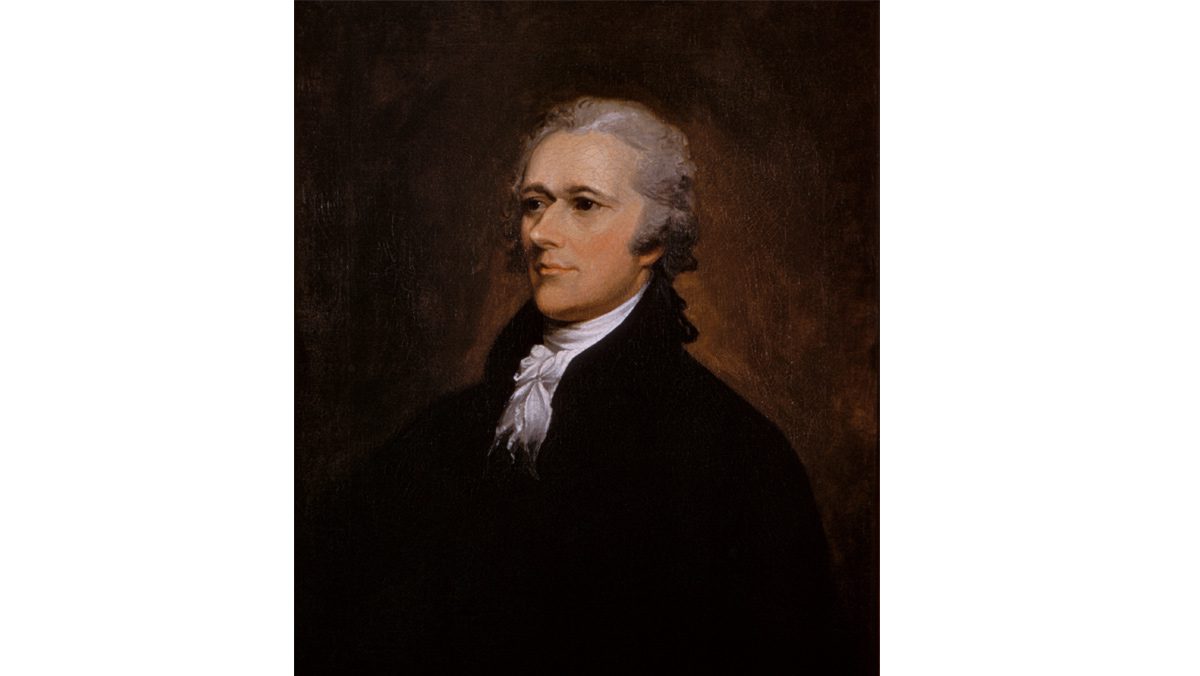
Alexander Hamilton – Audiobook
Alexander Hamilton was a significant figure in the political and economic development of the early United States. He served in the American Revolutionary War and became an aide to General George Washington. One of the authors of The Federalist Papers, which were written in support of the ratification of the proposed Constitution. The Federalist Papers are still referred to when interpreting the US constitution.
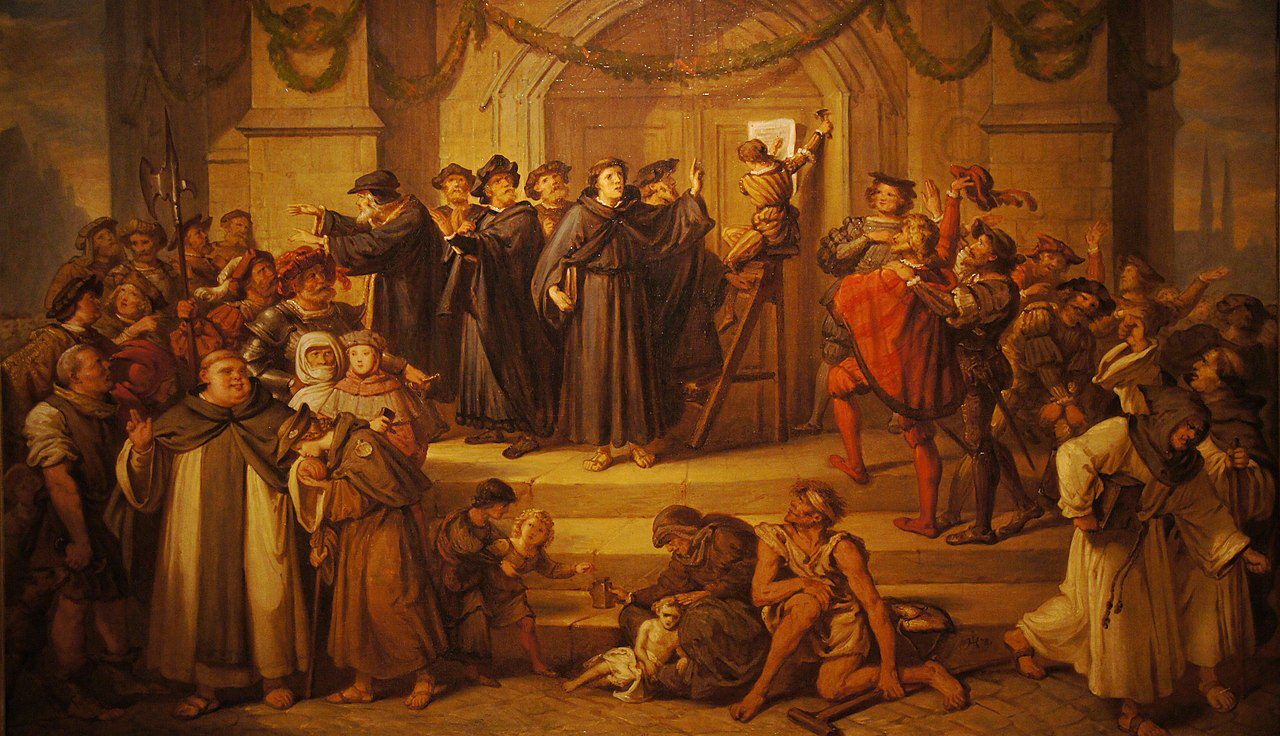
General History Quiz 126
1. What practice did Martin Luther criticise in his Ninety-five Theses?
Try the full 10 question quiz.

